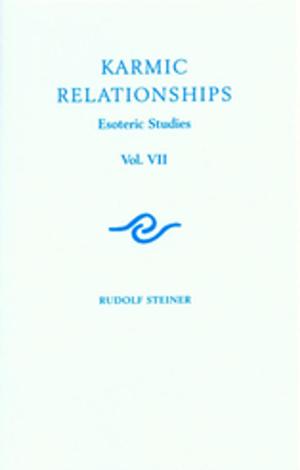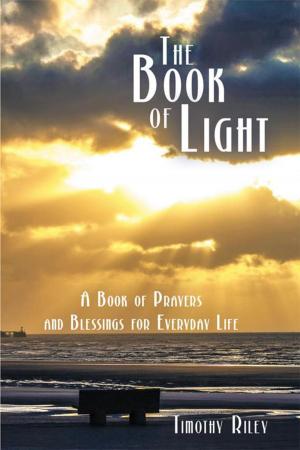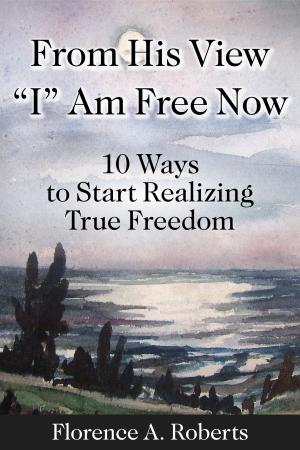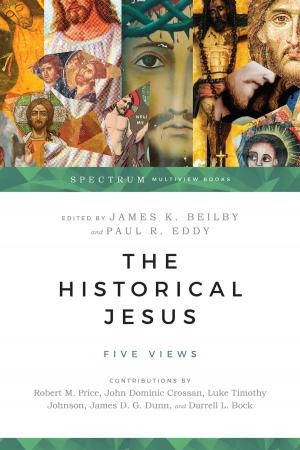| Author: | David Millett | ISBN: | 1230001546491 |
| Publisher: | David Millett Publications | Publication: | March 14, 2016 |
| Imprint: | Language: | English |
| Author: | David Millett |
| ISBN: | 1230001546491 |
| Publisher: | David Millett Publications |
| Publication: | March 14, 2016 |
| Imprint: | |
| Language: | English |
The human condition is fraught with ambiguity and plagued by uncertainty. We can’t always know ourselves and what we might do in any given circumstance, even though we might like to think otherwise. Therefore, we highly value the concept of truth as it is reassuring to feel that there is some kind of certainty in our world. If only we can find, define, and hold onto this elusive truth then we can soothe our psyches with the balm of truth, and thereby delude ourselves with feelings of certainty. It is not easy to think that truth may be an outdated concept, or indeed a concept with very little utility, except perhaps in the realm of fairy tales and fantasy.
In our lives we can only see shadows on the wall of the human cave. We need to keep in mind these shadows are only built from our personal experiences, our culture, and our perception.
Defining truth is like trying to hit a moving target. If some idea becomes a so-called truth at some point, can it be an eternal truth? Are some truths immutable, or is this possibility mere wishful thinking? Is there a moment in time when circumstances allow a truth to be possible or to really be true? Then if that moment in time passes does the particular truth lose its relevance or use?
Often traditional truths are the most powerful in our cultures, and are continually passed down through the generations. These types of truth gain immense hold over our lives and appear to gain extra power over us merely from their ancient lineage, regardless of their sense or nonsense.
Is it possible to have different versions of truth? Is a truth necessarily subjective and relative to situation? How much does truth matter to us, and in what ways does it control our decisions, even our lives. Does the concept of truth promote the accumulation of knowledge or hinder it?
This is a smart and insightful book that asks many such questions. It examines “truth” and questions assumptions about the idea of truth. It puts “truth” under close scrutiny and comes up with a useful tool for examining one’s own, and society’s assumed truths.
Dr. Julia Buss, 2016.
The human condition is fraught with ambiguity and plagued by uncertainty. We can’t always know ourselves and what we might do in any given circumstance, even though we might like to think otherwise. Therefore, we highly value the concept of truth as it is reassuring to feel that there is some kind of certainty in our world. If only we can find, define, and hold onto this elusive truth then we can soothe our psyches with the balm of truth, and thereby delude ourselves with feelings of certainty. It is not easy to think that truth may be an outdated concept, or indeed a concept with very little utility, except perhaps in the realm of fairy tales and fantasy.
In our lives we can only see shadows on the wall of the human cave. We need to keep in mind these shadows are only built from our personal experiences, our culture, and our perception.
Defining truth is like trying to hit a moving target. If some idea becomes a so-called truth at some point, can it be an eternal truth? Are some truths immutable, or is this possibility mere wishful thinking? Is there a moment in time when circumstances allow a truth to be possible or to really be true? Then if that moment in time passes does the particular truth lose its relevance or use?
Often traditional truths are the most powerful in our cultures, and are continually passed down through the generations. These types of truth gain immense hold over our lives and appear to gain extra power over us merely from their ancient lineage, regardless of their sense or nonsense.
Is it possible to have different versions of truth? Is a truth necessarily subjective and relative to situation? How much does truth matter to us, and in what ways does it control our decisions, even our lives. Does the concept of truth promote the accumulation of knowledge or hinder it?
This is a smart and insightful book that asks many such questions. It examines “truth” and questions assumptions about the idea of truth. It puts “truth” under close scrutiny and comes up with a useful tool for examining one’s own, and society’s assumed truths.
Dr. Julia Buss, 2016.




![Cover of the book Dreams: Understanding Biology, Psychology, and Culture [2 volumes] by David Millett](https://www.kuoky.com/images/2019/january/300x300/9781440856174-SLyK_300x.jpg)










